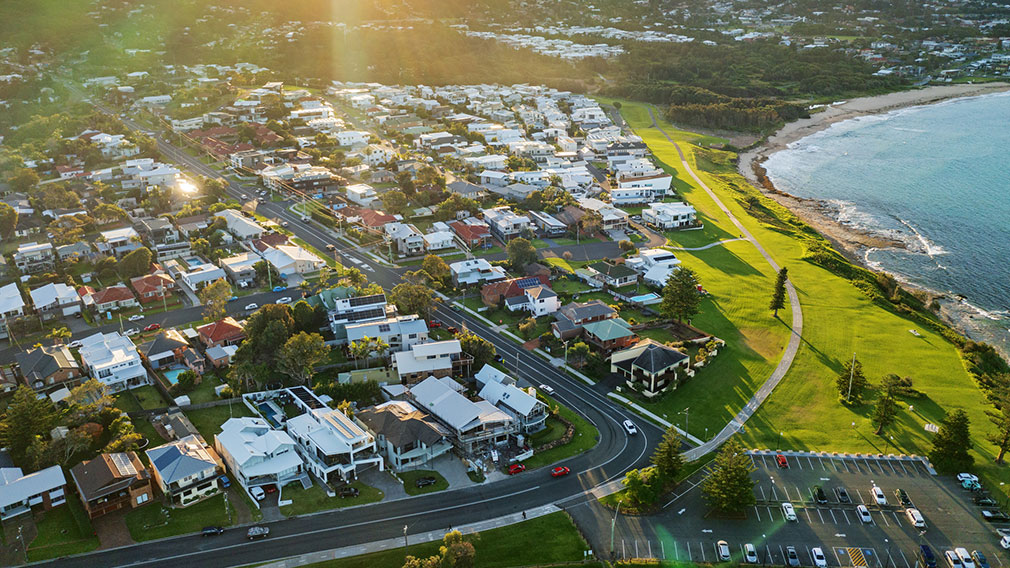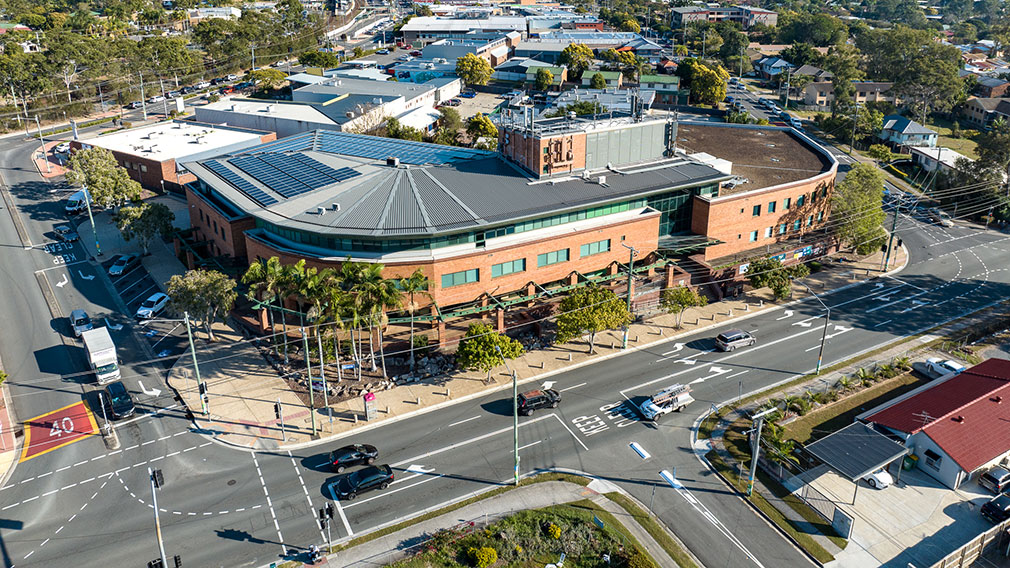Staying in spurs home-loan savings push

Aneez Aslam in his inner west hair salon Petersham Hair Co that he started two years ago. (Emma Foster)
Aneez Aslam had thought buying a home in Sydney was a distant pipedream.
But along came some unexpected COVID-19 silver-linings – a big boost to his and his partner’s savings after cancelling a few holidays and a “massive” reduction in discretionary spending on restaurants and clothes – which have fast-tracked the pair’s dreams.
“We didn't really think we could afford to buy or that the timing was right,” says the inner west hair salon owner.
“We’d toyed with the idea, but COVID has kind of unexpectedly really kicked us into gear. We’ve seen that actually saving for a deposit is a lot more achievable now.”
Aslam is not alone, recent research by Westpac into spending and savings trends during COVID-19 finding 33 per cent of those surveyed have been motivated during the pandemic to save for a home.
“We’re finding the restrictions really are encouraging some aspiring buyers to hit their savings goals and buy their first home,” says Anthony Hughes, Westpac’s managing director of mortgages.
“More time at home has meant many people have been able to cut back on their regular spending and instigate some positive habits, as well as think about longer term goals like home ownership.
“These behavioural changes, coupled with the historically low interest rate environment and recently announced government initiatives, like the HomeBuilder program, means we’re seeing a lot of interest from the first-time buyer category despite the economic uncertainty.”
Aslam says he feels fortunate to be eyeing the housing market given the dire economic fallout from the pandemic, which has resulted in hundreds of thousands of people losing their jobs and more than 485,000 house mortgage holders asking their banks to defer repayments worth $175 billion.
While his hair salon didn’t escape the hit, experiencing a 54 per cent drop in trade in March when lockdowns kicked in compared to the same month last year, he says quick changes such as working longer hours to allow only one client at a time and eased restrictions in the past two months have seen his business bounce back.
He’s now hopeful the pandemic may work in his favour as he eyes the property market.
“We’re on track to buy before the end of the year,” he says.
Although the property market has to date been somewhat cushioned by policy measures and low levels of stock for sale, much uncertainty about the outlook remains. Just this week, CoreLogic’s closely-watched monthly house price data showed national values fell in June for the second straight month, down 0.7 per cent, including a 0.8 per cent decline in Sydney for the month. However, estimates of market activity improved further from the April low.
Likewise, overall sentiment among home buyers – albeit below last year’s average – remains in positive territory, according to the most recent Westpac-Melbourne Institute Consumer Sentiment Index. After experiencing its biggest monthly decline on record in April during the worst of the shutdown period, the “time to buy a dwelling” index posted an impressive 31.8 per cent rebound in May and has held firm in June.
Hughes says the value Australians place on home ownership is “as important as ever” as most are spending far more of their waking and sleeping hours in their homes due to COVID-19 restrictions.
But for more than 60 per cent the experience has changed their “ideal home”, 19 per cent saying a study area has moved to the top of their wants list amid the work from home explosion and 27 per cent a backyard, according to the Westpac research – a survey of 1176 people between May 18 to 22.
“Study areas are in more demand, although having a dedicated study typically comes with a higher price on a property,” Hughes says. “So, I think you're also going to see people getting creative about how they convert little nooks and crannies in their homes into nice little functional workspaces.”
When the pandemic eventually abates, Aslam is confident he will not return to his old spending habits, a wake-up call that’s been widely felt, according to Westpac’s research. Around 60 per cent of survey respondents saying COVID-19 had made them realise they spend too much on things they don’t need and 69 per cent saying they will change how they manage money in the future.
“I used to be shocking for buying a top here, or a pair of jeans there, or let’s go out and do this,” Aslam says.
“Not doing that for the last three months makes me think, hang on I don't need to keep buying more.”



